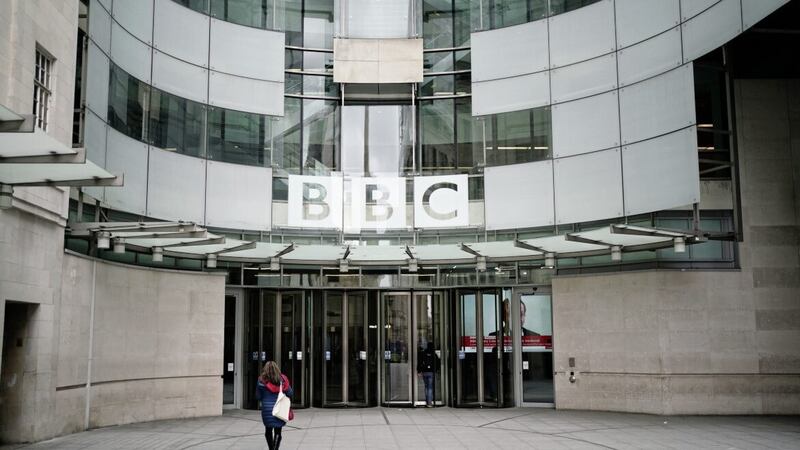I’m sure you are familiar with the saying “greater than the sum of its parts”. It’s one of those phrases I tend to use a lot. Another favourite is “this is the exception that proves the rule”.
Both phrases came to mind this week as I tried to make sense of the conflagration that has engulfed the British Broadcasting Corporation, and which continues to have repercussions as it negotiates its path to a new Charter and the possible end of the television licence fee.
There are lots of things I like about the BBC. It is unquestionably one of the great broadcasting organisations. Some of its programming is exceptional. For decades it has nurtured creative people – giving them space to explore the world and our place within it.
Some of the things I care about – classical music for one – would be much the poorer without its patronage.
At times the BBC has helped transform our understanding of the world – whether that be in documentaries from David Attenborough alerting us to the threat to our planet, or the reporting of seismic events around the world – Kate Adie in Tiananmen Square, Jeremy Bowen in the Middle East, John Simpson in Iraq.
Over a lifetime in the media, I have come to know many fine individuals who work for the BBC across its output – some of them former colleagues from this newspaper. And there are many others I have not met, yet whom I am happy to invite into my living room, or to sit beside me in the radio on my bedside cabinet as I slip off to sleep.
I have been happy to pay my licence fee for all these things – and even to fund the many areas of BBC output I neither care for, nor use.
So, if any organisation deserves the accolade “greater than the sum of its parts”, it should be the BBC.
But (you knew a ‘but’ was coming), it is most definitely the exception that proves the rule. I have come to the conclusion that the BBC – the corporate entity – is most definitely lesser than the sum of its parts.
And for the first time in a long time I am beginning to question whether the corporation is worth keeping in its current form.
I know some readers will be thinking this is a bit of a late conversion.
Many have been asking serious questions of the BBC about its coverage of Northern Ireland for quite some time. Serious answers are less easy to find. The Beeb is a master at obfuscation and stonewalling.
There has never been a proper calling to account for the damage done during 50 years of unionist misrule by a compliant BBC in Belfast. Its failure to embrace Irish culture and traditions until comparatively late on (with some notable exceptions such as the broadcaster David Hammond) did an enormous disservice to the people it served.
More recently management wagons have been drawn around broadcaster Stephen Nolan – one of the corporation’s highest earners nationally – after legitimate questions over his programme’s choice of guests and the handling of elected politicians who have questioned the BBC’s “balance of editorial decisions”.
In a society on such a knife-edge, the BBC’s willingness to give a platform to an organisation which includes representatives of the Ulster Volunteer Force, Red Hand Commando and the Ulster Defence Association is, at the very least, worth questioning. Those questions deserve serious answers.
Nobody watching the handling this week of the right-wing confected storm over Gary Lineker’s tweet about the plight of asylum seekers will have come away with any confidence that the BBC has the leadership in place to navigate its way through today’s challenges: a social media revolution; deregulation; right-wing culture wars; and an increasingly polarised world.
Lineker was not the only recent misstep to trouble licence-payers. We’ve had Fiona Bruce and her remark about domestic violence on Question Time, and the wilful destruction of the BBC’s music heritage with the extermination of the BBC Singers.
Its Tory-donor chairman is under investigation over his failure to declare links with Boris Johnson, the Prime Minister who appointed him to the prestigious post. Meanwhile, its director general Tim Davie, another man with links to the Conservatives, gave a blisteringly inept defence of his handling of the Lineker affair.
Both have shown they are unfit for office. And if the BBC cannot stand up for its values – accountability being one of them – it will be unfit to hold onto its charter.








